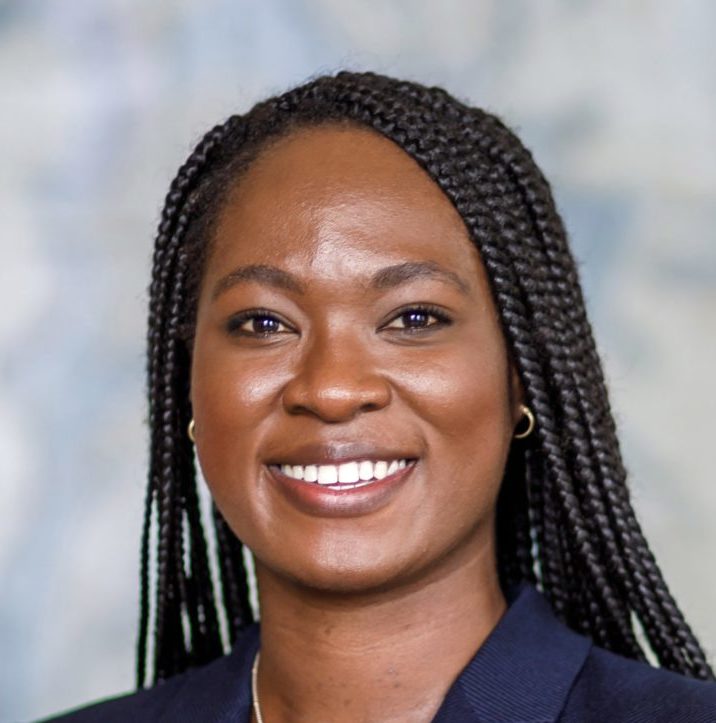The AI Community Must Align on Safety: Announcing PAI’s Policy Steering Committee
Around the world, policymakers are seeking to address concerns around AI safety posed by recent, rapid technological advances. While there is significant awareness of the need for effective and agile governance, critical questions remain about how to actually achieve impactful policy responses. Additionally, there is a lack of consensus on what aspects of the public policy environment will require change to meet new challenges posed by foundation AI models.
Key to strong AI safety policies will be input from all those who have a stake in AI’s future, not just technology companies and lawmakers. For this reason, Partnership on AI (PAI) is proud to announce its first Policy Forum and the formation of a new, multistakeholder Policy Steering Committee, with a goal to inform effective public policy and support policymakers by demystifying complex questions and designing new solutions.
Recent activity around foundation models (also known as large-scale models) typifies the ongoing need for greater collaboration on policy. Characterized by their use of large datasets and wide variety of applications, such as for generative AI, foundation models have been recognized as posing novel questions when it comes to safety. In response, policymakers around the world are developing new guiding frameworks to address AI safety risks. All too often, however, critical multistakeholder voices have been left out of this conversation.
Policymakers and institutions have looked into their “toolbox” of possible levers, trying to determine which policy frameworks to put in place, including the trade-offs that each option brings about. Should we use binding or non-binding rules? Which agency’s powers might shift? What should be the combination of domestic versus international action? What role do existing international organizations or trade agreements play, who could step in to resolve IP rules questions? Given the current pace of AI development, can our traditional AI assurance tools (such as technical standards) play the same testing and certification role?
As calls for governance grow, there is a need to support policymakers by considering the continuum of policy options from a variety of perspectives. PAI has been pleased to participate in many discussions policymakers have had around AI at both the international and national level. Yet PAI recognizes that important gaps remain in these efforts that can only be filled through a greater commitment to multistakeholder collaboration and solution-building with a special focus on growing civil society and global representation.
PAI convenes global experts to form Policy Steering Committee
PAI welcomes the inaugural members of our Policy Steering Committee, a new advisory body considering the most pressing questions in the AI governance space. Made up of individuals with diverse perspectives and disciplines drawn from industry, academia, and civil society, PAI’s Policy Steering Committee will engage in constructive debate to drive towards effective solutions. The spectrum of perspectives and expertise amongst the group has been intentionally designed to foster constructive disagreement, advising PAI as we drive new work on AI governance to help inform our Partners and policymakers.
While coming from different backgrounds and disciplines, members of the Policy Steering Committee are united in their commitment to addressing and demystifying urgent issues related to AI governance.

Rumman Chowdhury
CEO
Humane Intelligence
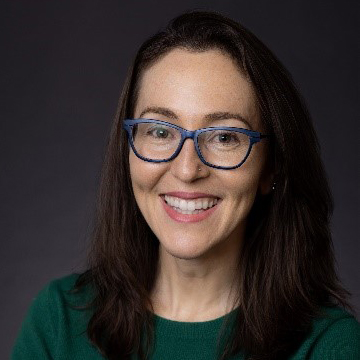
Amanda Craig Deckard
Microsoft
Senior Director, Office of Responsible AI

Alice Friend
Global Head of AI & Emerging Tech Policy
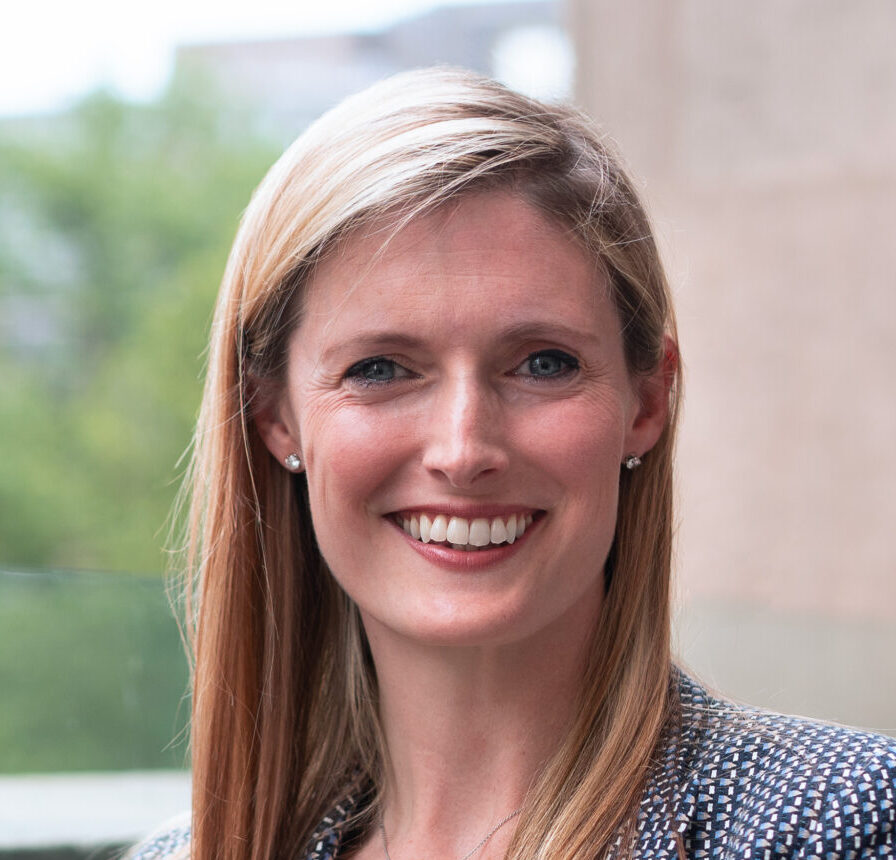
Alexandra Givens
CEO
Center for Democracy & Technology

Sam Gregory
Executive Director
WITNESS

Sebastian Hallensleben
Head of Digitisation and AI
CEN/CENELEC and VDE

Antonia Kerle
Chief Technical Advisor
BBC

Richard Mathenge
Organizer
African Content Moderators Union
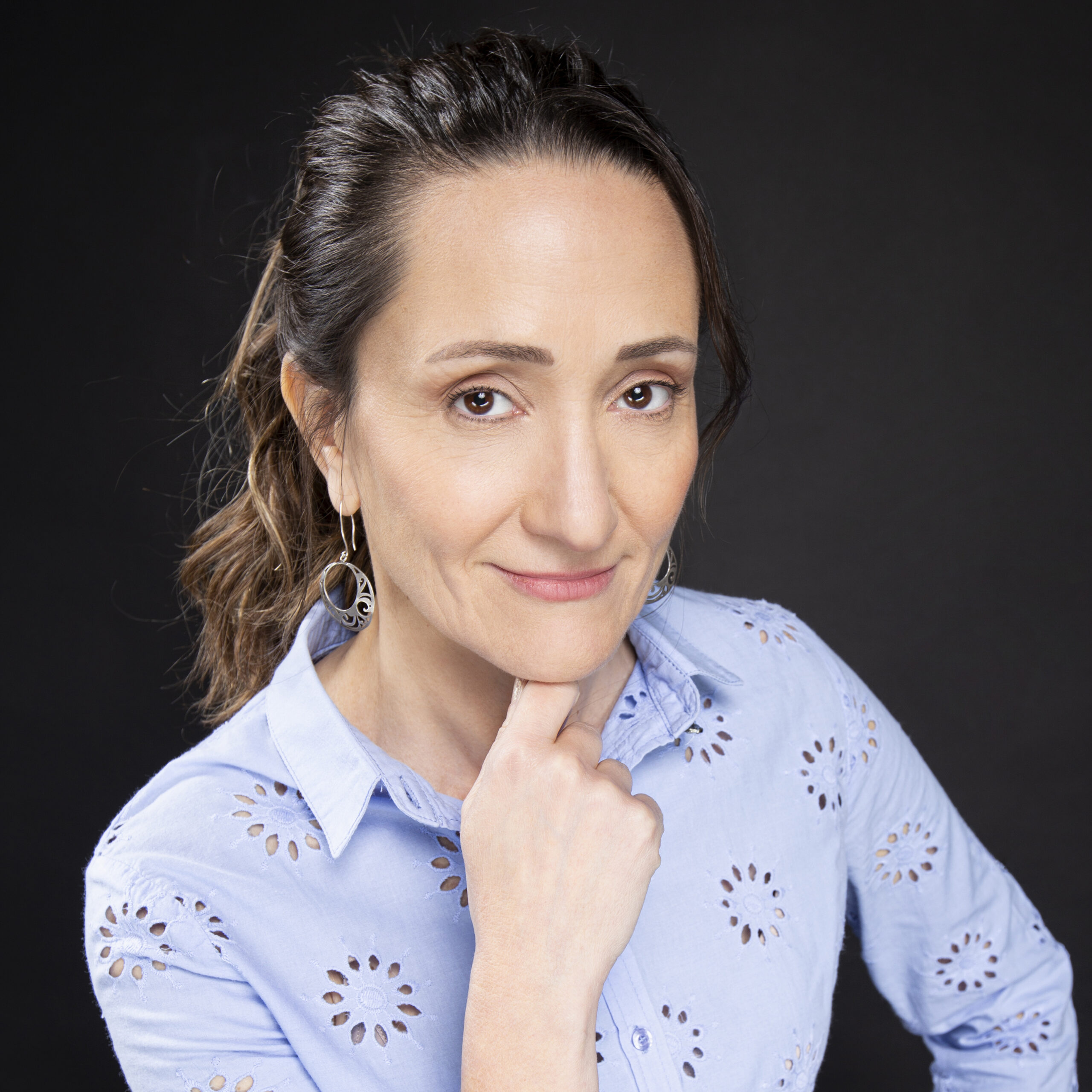
Valeria Milanes
Executive Director
Asociación por los Derechos Civiles (ADC)
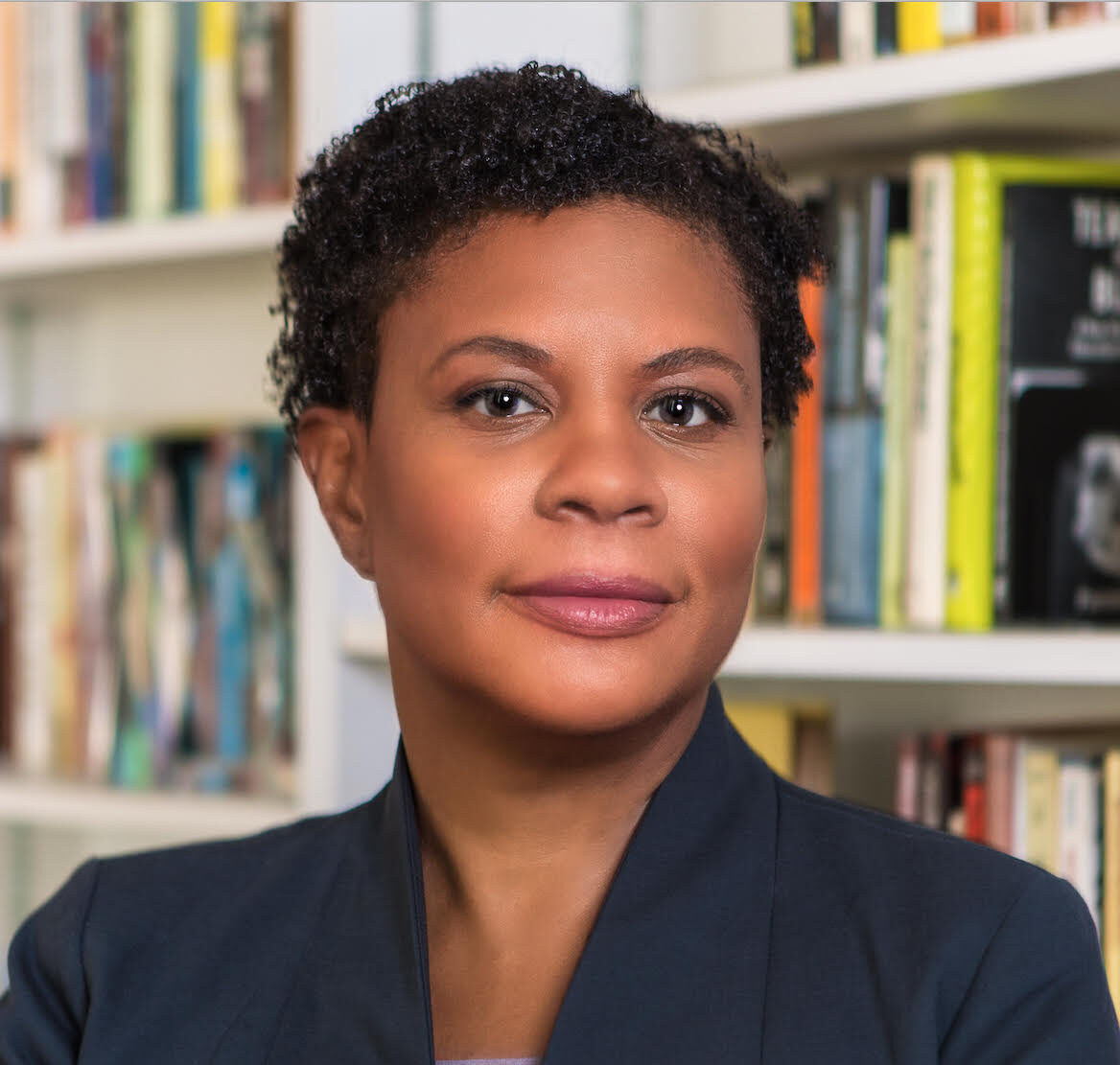
Alondra Nelson
Professor
IAS

Marc Etienne Ouimette
Global Lead, AI Policy
AWS
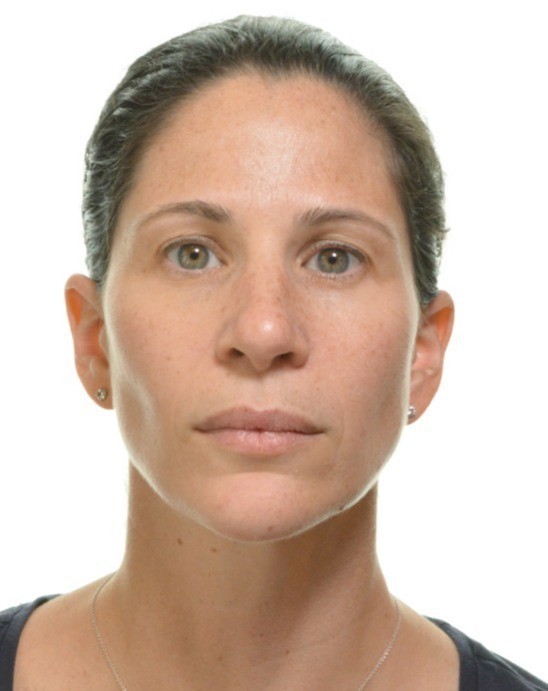
Lisa Pearlman
Senior Director of Global Policy
Apple
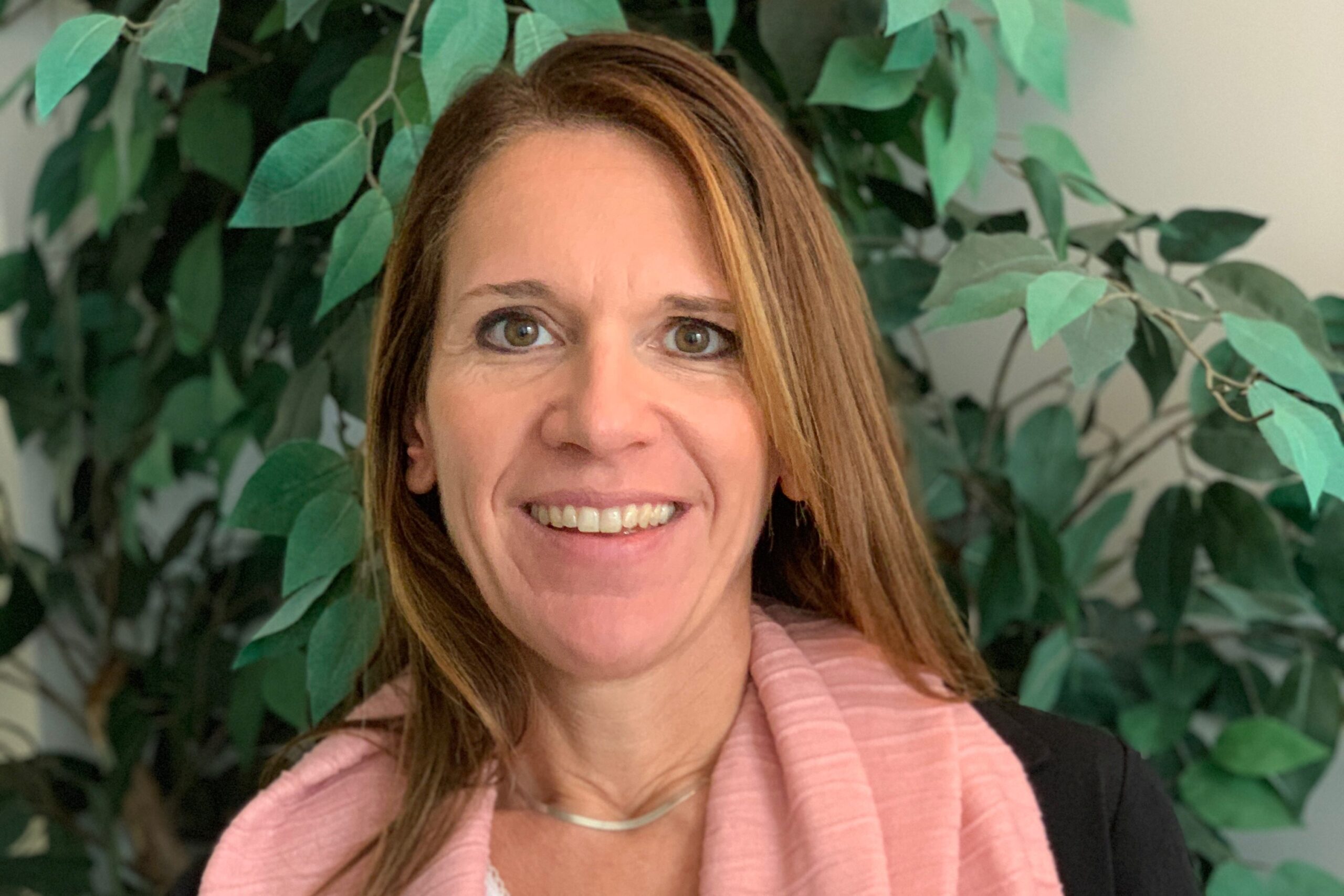
Karine Perset
Head
OECD.AI

Benjamin Prud-Homme
Vice President, Policy, Safety and Global Affairs, Leadership Team
MILA
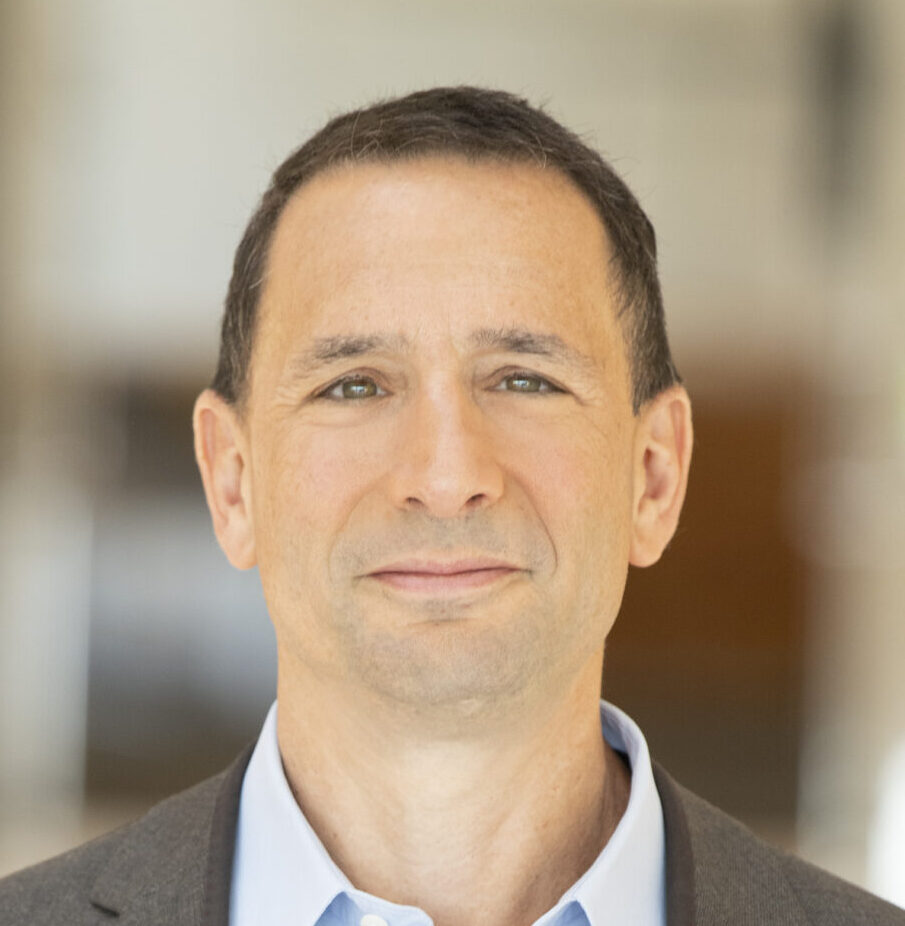
Andrew Reiskind
Chief Data Officer
Mastercard

Andrea Renda
Director of Research
CEPS
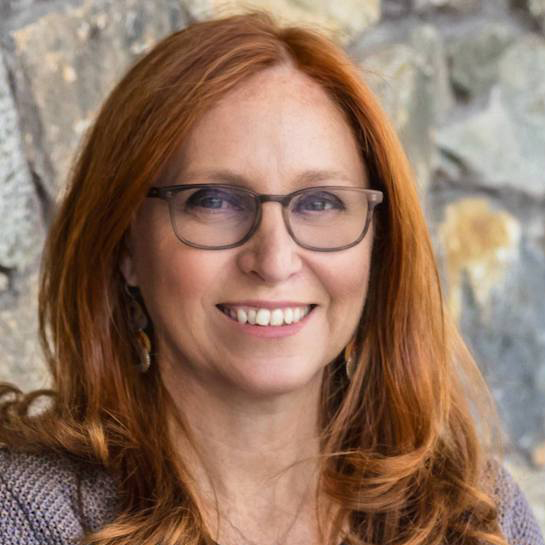
Francesca Rossi
Global Leader for Responsible AI and AI Governance, IBM Fellow
IBM
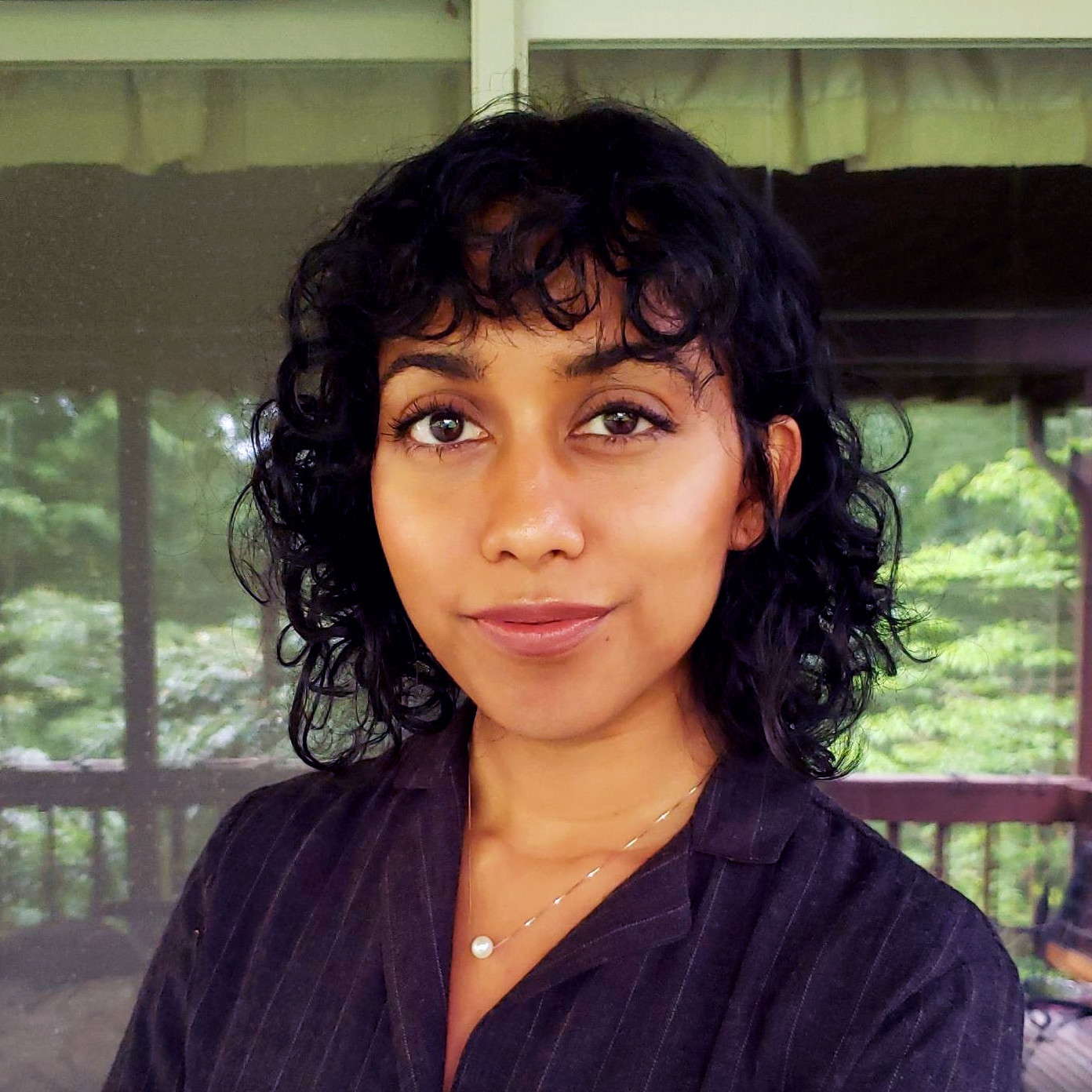
Irene Solaiman
Head of Global Policy
Hugging Face
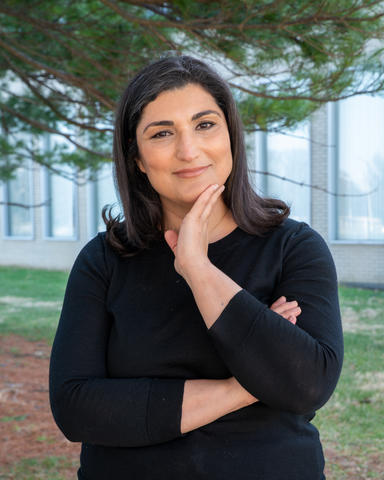
Elham Tabassi
Director – Artificial Intelligence and Emerging Technology Initiative
Brookings Institute

David Wakeling
Partner and Head of MIG
A&O Shearman
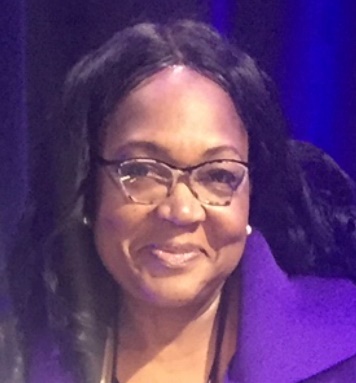
Deon Woods Bell
Senior Adviser, Global Policy and Advocacy
Gates Foundation
Stay tuned for future updates about the Policy Steering Committee’s members and structure, designed to facilitate strong engagement with policymakers.
PAI to host Policy Forum ahead of UK AI Safety Summit
Recognizing the urgent need for collective action on AI safety, PAI is also hosting a Policy Forum in London on October 24th and 25th. The Policy Forum will be part of the AI Fringe, a group which PAI has joined as a core partner, which will host a series of independent events complementing the UK’s upcoming AI Safety Summit. PAI will bring our community of Partners and other collaborators into conversation with global policymakers for a series of discussions on current policy developments and how to best promote AI safety. To establish shared norms around safety across the international AI community, policymakers will need to engage with actors across the ecosystem, including civil society organizations and governments that have been left out of the conversation so far.
To learn more about the Policy Forum, including its soon-to-be-announced speakers and agenda, click here. To learn more about the AI Fringe, which PAI is proud to support as the only non-UK-based partner, click here.
At our Policy Forum, PAI will be launching multistakeholder-developed guidance for identifying and mitigating risks associated with foundation model deployment for public comment. Collaborations like this one — between the AI industry, government officials, academic researchers, and civil society representatives — will be essential if we want AI’s impact to align with our shared values.
This is a crucial time for multistakeholder organizations to engage in setting the guardrails for safe and responsible AI development and for widening the perspectives charting the future of AI that benefits people and society.


